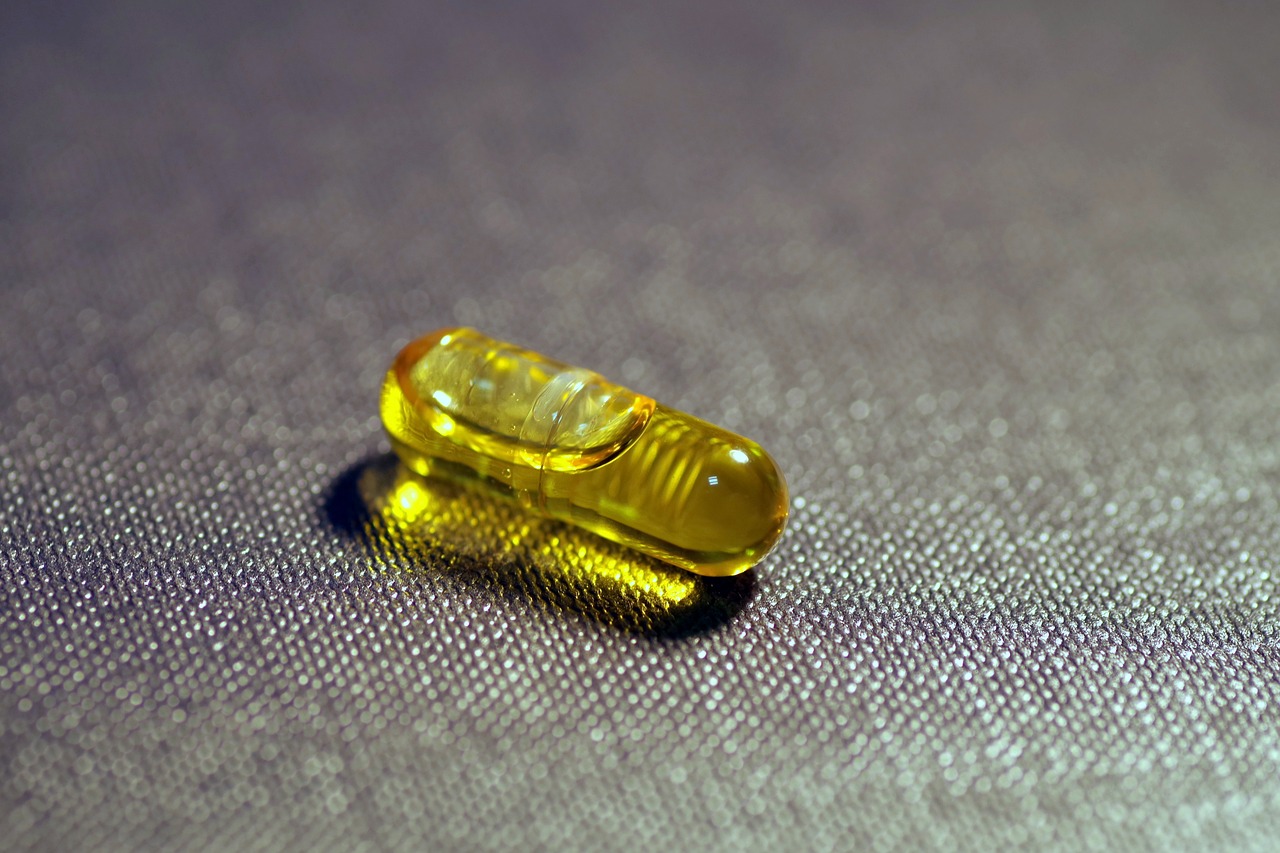Vitamin D, like other vitamins is needed to maintain health. However, only tiny amounts are required. It is not found in foods, but it can be produced by the body. Most people are aware that sunlight is used by humans to produce vitamin D. Modern humans get little sunlight. This leaves us at the vitamin counter with a lot of confusion about what we should buy.
Vitamin D3 is produced by our bodies. You can select D3 or D2 at the counter. Vitamin D2 (ergocalciferol) is a slightly different form of D3 that behaves in the same manner. D3 has a slightly higher potency.
The difference is in the way they are produced. D3 is derived from animal sources. It can also be made using lichen. D2 comes from plants. You’ll need to pay attention to labels if you are a vegetarian or vegan .
Vitamin D is fat soluble (absorbs along with fats), so it is not necessary to take it with oily food. You can get from food. Many foods, such as soy milk, almond milk, and oat milk, are fortified in the United States with vitamin D.
Why Vitamin D3 is Important
The amount of vitamin D required by the body is a subject of disagreement among experts. The Daily Value (DV), or 800 International Units, for Vitamin D in the United States has been established.
It is important to not take too many vitamin D. It is possible to have a serious vitamin D toxicity. Symptoms can range from nausea and bone pain, to kidney stone.
Vitamin D deficiency can cause serious health problems. Vitamin D is essential for the following reasons:
1. Bone Health
Vitamin D was discovered by doctors while studying Rickets. This is a bone disorder in children. Vitamin D is essential for bone health, even though rickets has become rare. Women who have passed menopause are especially at risk for osteoporosis. Vitamin D can also be used to treat a serious bone condition known as osteomalacia. Vitamin D helps the body absorb Calcium. The body only uses a small amount of calcium from food without vitamin D.
2. Anti-Cancer Properties
A higher level of vitamin D is associated with a lower incidence of certain cancers. These include colorectal , prostatic and pancreatic. Vitamin D has been associated with less tumors in animal studies and a slower growth rate of tumors. Human clinical trials suggest that although vitamin D does not prevent cancer, it may slow down its progression.
3. Brain Health
Low vitamin D levels may be associated with dementia and Alzheimer’s disease. There is a link between animal studies and cell research, but clinical trials have had mixed results. More research is required.
Vitamin D-rich foods
You have three options to choose from when it comes to vitamin D.
- Sunlight
- Your diet
- Supplements
The doctors often recommend the supplement due to the dangers of ultraviolet rays, and the difficulty in obtaining vitamin D through diet alone. The best source of D3 is oily fish, but most people don’t eat it every day.
These foods are typically fortified in the United States with vitamin D2.
- Cow’s Milk
- Plant-based milk
- Infant formula
- Breakfast cereal
- Yogurt
- Margarine
- Orange Juice
Vitamin D2 comes mostly from plants, and D3 is mainly found in animals. Mushrooms are rich in vitamin D when exposed to ultraviolet light. However, it is mostly D2 and some D3.
Most sources don’t differentiate between vitamin D2 or D3 when listing the amount in food. Some foods may contain both forms. These foods are high in vitamin D and, because they come from animal sources, contain mostly D3.
1. Rainbow trout farmed
It contains a lot of omega-3 fatty acids that are good for your heart. The fish is rich in omega-3 fatty acid, which are heart-healthy.
2. Sockeye salmon
The DV for sockeye salmon is 71%. It has 570 IU. Although salmon can contain mercury some authorities claim that the benefits from eating salmon are greater than the risks, especially if eaten in moderation.
3. Sardines
One can of sardines provides around 200 IU. Other nutrients are also found in sardines, including vitamin B12, omega-3 fatty acids and vitamin B12.
4. Eggs
One egg contains 44 IU of vitamin D and 6% DV. This is the same as two sardines. Because of the cholesterol, it is not recommended to eat a lot of eggs.
5. Beef liver
Some people love liver. It’s a controversial food. Some people love it. It is high in cholesterol, just like eggs. In 3 ounces, the vitamin D content is 42 IU or 5% of DV.


